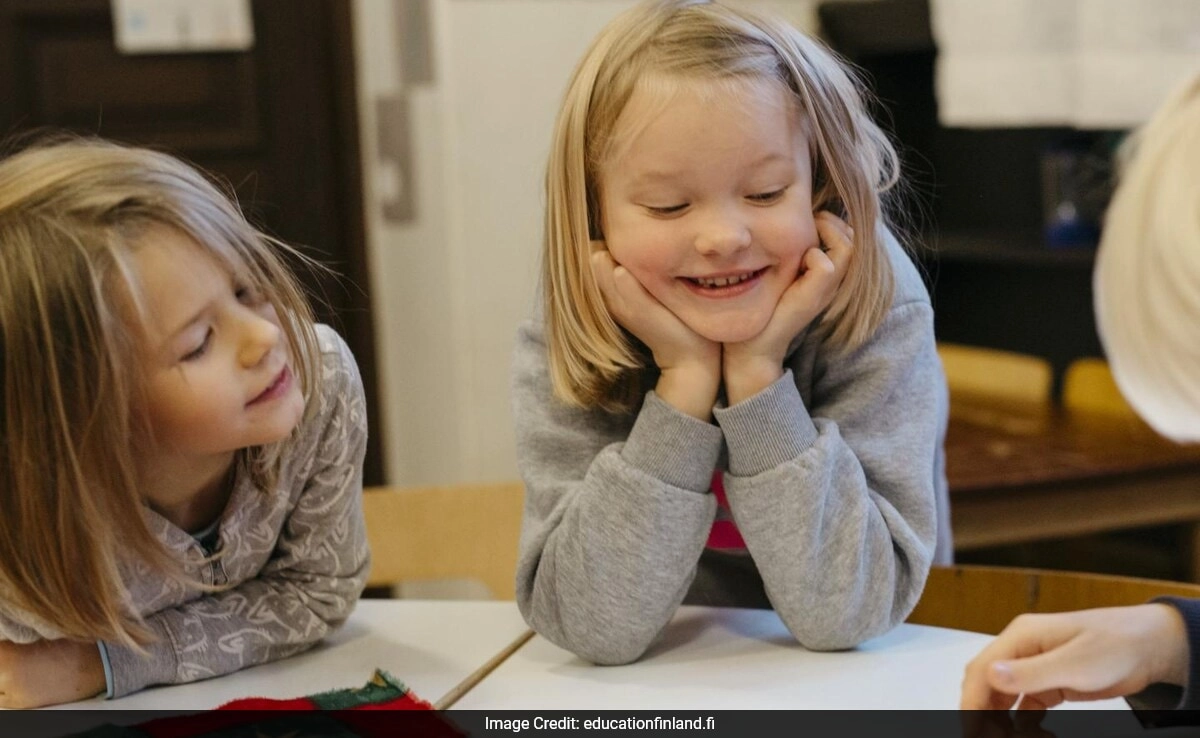Finland’s approach to education is often cited as a model for reforming school systems worldwide. A typical school day in Finland contrasts sharply with the traditional education structures familiar in many countries. Students in Finland enjoy a balanced mix of academic rigor and personal freedom, allowing them to thrive both intellectually and socially. The school day typically starts around 8:00 AM and concludes between 1:00 PM and 2:00 PM, depending on the school and grade level. This shorter school day is designed to maximize learning while minimizing stress, reflecting the Finnish belief that quality trumps quantity in education.
One of the most striking aspects of Finland’s educational system is the emphasis on play and creativity, especially for younger students. Rather than being confined to desks for extended periods, children are encouraged to engage in outdoor play and hands-on activities. This approach not only fosters critical thinking and problem-solving skills but also promotes a love of learning. Teachers, who are highly trained and respected professionals, often incorporate various teaching methods to cater to different learning styles. This flexibility allows students to explore subjects deeply and at their own pace, which is a refreshing departure from the rigid curriculum often found elsewhere.
Moreover, Finland’s educational philosophy prioritizes collaboration over competition. Students are not graded in the early years, allowing them to focus on learning rather than on outperforming their peers. This nurturing environment cultivates a strong sense of community within classrooms, where students are encouraged to support one another. The lack of standardized testing until later grades reduces the anxiety often associated with assessments, allowing students to approach their education as a journey rather than a race.
In addition to academic learning, Finnish schools place a significant emphasis on emotional well-being and life skills. Lessons often include topics such as social studies, ethics, and environmental education, preparing students for the complexities of modern life. This holistic approach to education contributes to Finland’s impressive student outcomes, consistently ranking among the highest in international assessments.
Ultimately, Finland’s typical school day challenges conventional notions of education, illustrating that a focus on well-being, creativity, and collaboration can lead to profound learning experiences. As educators and policymakers around the world seek to improve their systems, Finland’s model serves as a powerful reminder that rethinking education can yield transformative results for students, teachers, and society as a whole.




